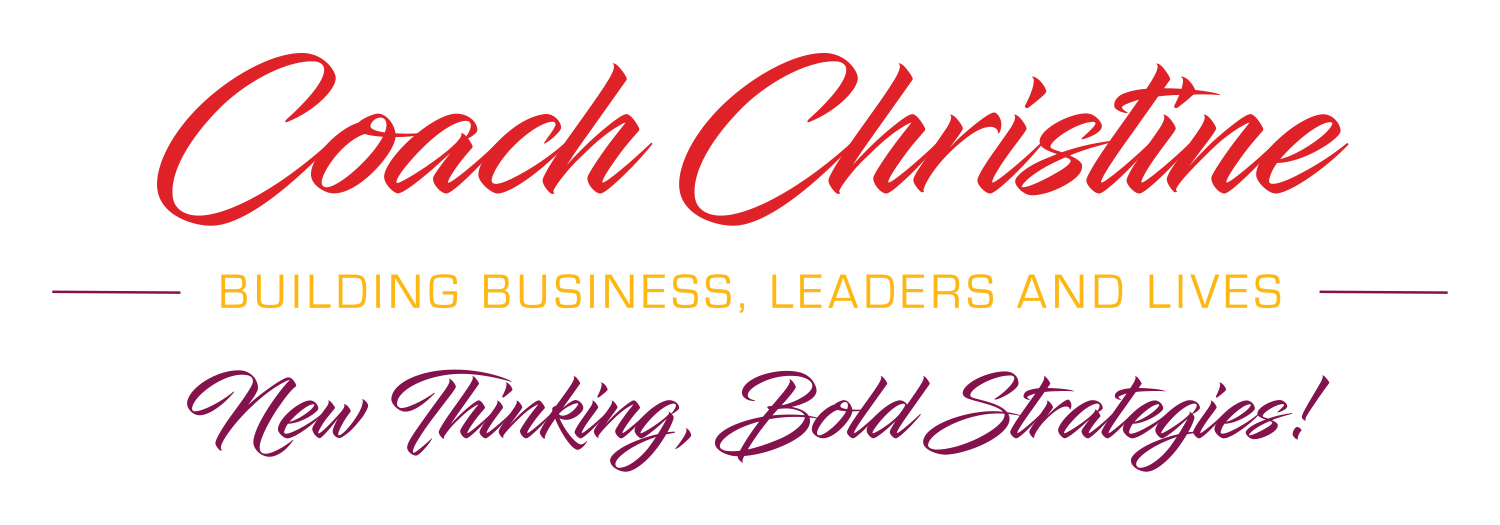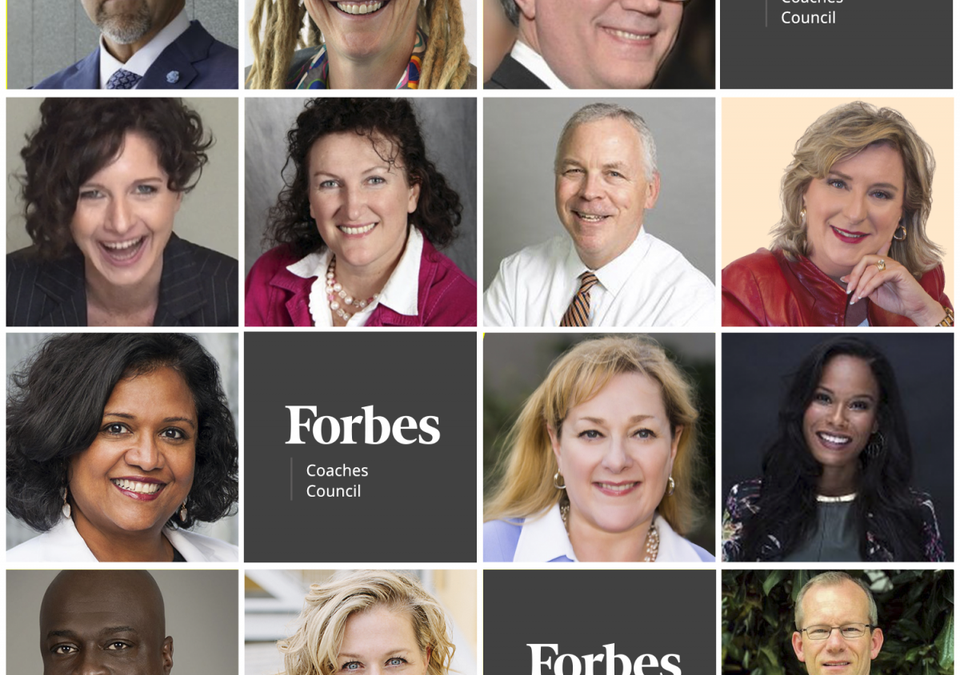Employees love benefits. They like to feel valued and appreciated by the company they work for. But, when these benefits are nothing more than a gimmick, they can have the opposite effect and make employees wonder if they are really getting anything at all in reward for their hard work and constant efforts.
Initially published through Forbes Coaches Council
From unlimited vacation time to employee discount programs, empty job titles and more, here are several employee benefits that are simply gimmicks and don’t actually benefit the workforce in any way, according to 13 members of Forbes Coaches Council.
Employee job satisfaction has been constantly dropping over the last 20 years, with compensation and benefits among the top factors for the downward trend. As employers look to save money and cut costs, benefits are often the first thing to go even when they don’t intrinsically offer any mutual benefit to the employee/employer relationship.
1. Wellness Without Engagement
Many corporate wellness programs have shown no results whatsoever. Companies with successful programs encourage employees to become Engaged Healthcare Consumers (EHCs) by equipping employees with the resources to make smart, cost-efficient health-related decisions and provide options to improve health, including gym memberships, gamified wellness programs and voluntary disease-specific programs. – Dr. Josh Luke, Health-Wealth.com
2. Unlimited Vacation
Unlimited vacation tends to lead to employees taking less vacation, at least in North America. With no use-it-or-lose-it driver, most knowledge workers will keep working in order to serve commitments to customers and peers. It takes more chutzpah to ask for significant time off when all vacation is “at your manager’s discretion.” – Ronica Roth, CA Technologies
3. Employee Discount Programs
Employee discount programs fundamentally don’t work because they are about generating revenue for the company through the partnerships. Rarely are the services offered the best deals and rarely are they what the business’ employees want. So the company can say it’s offering a benefit and if the employee chooses not to use it, that’s their choice. – Larry Boyer, Success Rockets LLC
4. A Culture Based On Fun And Good Times
When a company touts Taco Tuesday and a beer tap in the break room as the reason someone should be eager to work there, your brand becomes diluted. While these are fun extras, messaging a culture of professional development, upward mobility and growth reflects positively on talent acquisition and retention efforts, as well as client support. No one is interested in doing business with a frat house. – Jeanna McGinnis, Mentor Happy
5. The Offer Of Secure Employment
Recruiters and hiring managers indicating long-term employment relationships help the applicant make the decisions to become employees. The reality is, there is no crystal ball forecasting this security. You can, however, do your own research and know your labor market and industry. The research will help you see the future, and investing in your own self and career will help realize it. – Gayle Draper, Intentional Careers and Human Resources
6. Employee Of The Month
I have never found Employee of the Month programs to be beneficial. While it may make one person feel special for a short period of time, it serves as a demotivator for anyone else who has been doing a great job. I have always encouraged my clients and companies to be more instantaneous in their approach to recognition. Why wait to reward someone when doing it now will provide a better and longer lasting impact? – Dan Ryan, Ryan Search & Consulting
7. The ‘Top Dog’
When faced with earning at the top of the pay grade, employees become disenfranchised as there’s no room for growth. Leaders who appease by promising they’re the “top paid and most senior” compound the issue and create more distrust. Instead, work together, seeking new ways to validate and reward that the employee will find valuable. – Christine J. Culbertson (Boyle), Coach Christine
8. Special Titles
I just finished working with a client. As we reviewed their company structure it seemed like everybody had a unique title. The president told me that most of the positions were really the same. The different titles were a way to make them feel good; a benefit. That reminded me of the “everyone gets a trophy” philosophy. It creates risk when it comes to discrimination and other HR regulations. Titles should mean something and they should be earned. – Brad Federman, F&H Solutions Group
9. Meals, Wi-Fi And Dogs
Benefits that appear to encourage employees to work longer hours could backfire. For example, Google has offered free food, free buses with Wi-Fi that transport employees to and from work, and the ability to bring their dog to work. Some employees felt that the Wi-Fi on the buses was designed to encourage them to work during their transit and that meals were meant to incentivize them to work later. – Lisa Barrington, Barrington Coaching
10. Foosball Tables
Many companies opt for modern workspaces equipped with snacks and foosball tables. The intention is to inspire the workforce to feel more engaged at work. The result is meager because what employees really want is to feel purpose and passion for what they do. If the organization does not tap into a greater purpose at the leadership level, a foosball table is just another unnecessary expenditure. – Indira Jerez, INNERtia Project
11. Paying Cell Phone Bills
On the surface, paying an expensive cell phone bill sounds like a great benefit. After all, that has the effect of increased compensation. However, it doesn’t come without strings attached, since it usually means you are always on call. You feel like you should be taking calls or answering emails 24/7. Most people are better off if they can truly leave work at work. – Donald Hatter, Donald Hatter Inc.
12. Avoid “One Size Fits All”
Many companies understand the benefit of growth/development plans for individuals. In theory, this is great; however, if companies are using “one size fits all” plans, they become like any other perfunctory process and are not truly successful. Have a framework or plan for growth/development, train leaders to be flexible, adaptable and ask for input from the individuals. –Michelle Braden, MSBCoach, LLC
13. Open Air Forums
A few career clients of mine commented that a company’s “open forum” turned into a kind of public surveillance vehicle to surface problem employees among the management staff. That didn’t sit well with people who later found out what they said in these forums was used against them during evaluation time. If you are an employer, make sure your open forums are indeed open. Employees? Beware. – John M. O’Connor, Career Pro Inc.
Meet Coach Christine
Christine coaches with ROI top-of-mind. Many companies who leverage her coaching produce quick and long-lasting results transforming people, processes and culture, impacting their bottom line. Clients have seen upward of 200% ROI.
Her time with clients generates powerful results in:
- Business and Personal Development
- Communication and Relationships
- Sales and Sales Leadership
Watching and learning at the feet of titans of Canada’s Wall Street and other business leaders, Coach Christine was influenced by their success and built a corporate career and coaching business founded on proven business practices.
She is an award-winning business woman and contributor to Forbes publications; is an accredited coach with the ICF; a practitioner of Conscious Business practices; is certified by the IMPACT: Coaching with ROI program; holds her First and Second Degree Reiki and has studied Aboriginal healing for over 20 years. Christine loves the adventure of travel and has a knock-out collection of snazzy women’s shoes.
When you want more, are ready to bust obstacles and build your juicy, big life, contact me, Coach Christine Culbertson.

